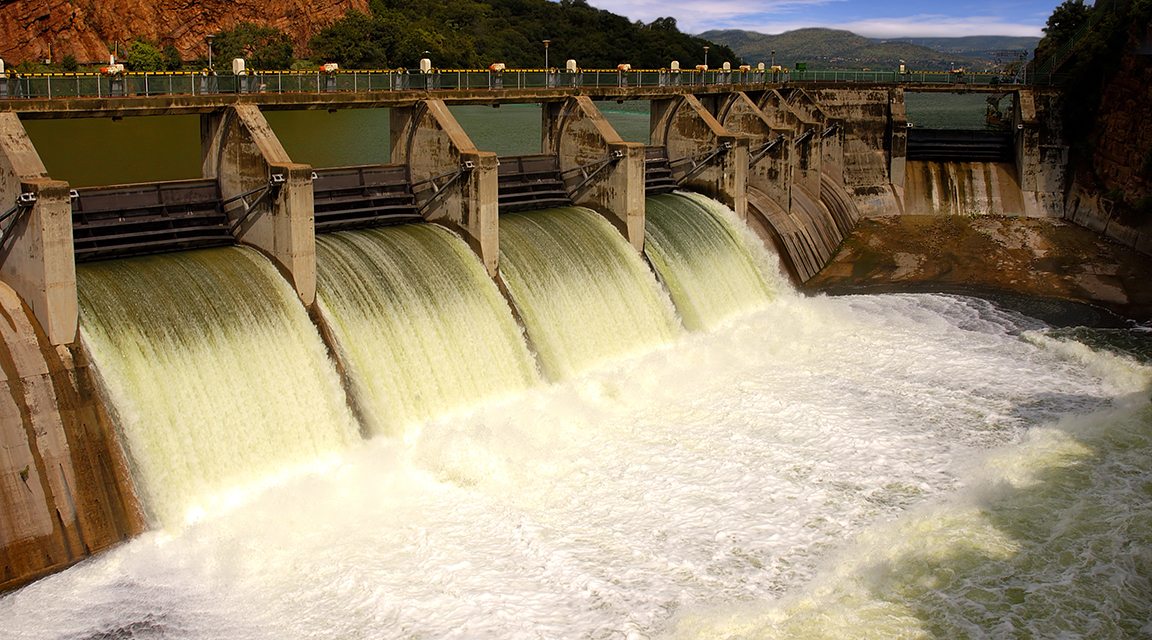

Dubai Electricity & Water Authority (Dewa) has awarded a AED1.437bn ($391.2m) contract to a consortium of Austrian firms Strabag and Andritz and Turkey’s Ozkar to build the GCC’s first hydroelectric project in the Hatta area.
The project will have a capacity to generate 250MW of electricity, and is scheduled to be commissioned by February 2024.
MEED reported in February that Dewa had received bids from three consortiums for the main construction contract of the pumped-storage hydroelectric project. The winning consortium saw off competition from consortiums of GE (US)/Power China and Acciona (Spain)/Larsen and Toubro (India)/ Voith (Germany) to win the deal.
In June 2017, Dewa awarded a AED58m contract to France’s EDF to provide consultancy services for the pumped-storage project. EDF has completed engineering studies for the proposed project, including design, geological, hydro-geological, environmental, geotechnical and deep excavation studies.
The hydro project will use water stored in the Hatta Dam, near the Oman border. The existing Hatta Dam can store up to 1,716 million gallons of water. The project will involve the construction of an upper reservoir, which will be able to hold up to 880 million gallons. The upper reservoir will be located 300 metres above the dam level.
During off-peak hours, turbines will use solar energy to pump water from the dam to the upper reservoir. The project will support the AED1.3bn Hatta development plan, which was announced in November 2016.
The appeal of pumped storage is that it can be integrated with different renewable energy sources such as wind and solar power – power supply options that are intermittently affected by wind patterns and cloud cover. Pumped storage is an important source for energy storage as water is stockpiled when excess energy is produced. This can then be used to provide electricity when energy demand is highest during peak hours.
| This article has been unlocked to allow non-subscribers to sample MEED’s content. MEED provides exclusive news, data and analysis on the Middle East every day. For access to MEED’s Middle East business intelligence, subscribe here |
You might also like...

Rainmaking in the world economy
19 April 2024

Oman receives Madha industrial city tender prices
19 April 2024

Neom seeks to raise funds in $1.3bn sukuk sale
19 April 2024

Saudi firm advances Neutral Zone real estate plans
19 April 2024
A MEED Subscription...
Subscribe or upgrade your current MEED.com package to support your strategic planning with the MENA region’s best source of business information. Proceed to our online shop below to find out more about the features in each package.





